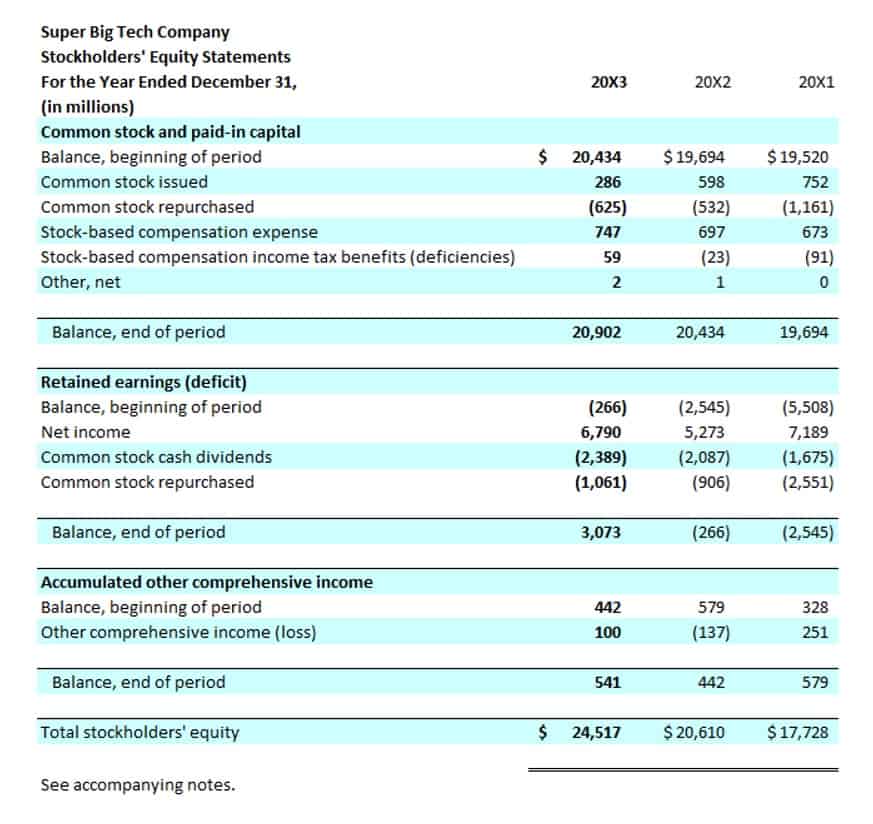
However, in this role, they have to take the responsibility of managing the complete cycle of accounting duties on behalf of the company. It’s the cornerstone of sound financial management for businesses of all sizes. From recording financial transactions to preparing reports and ensuring compliance, a full charge bookkeeper does it all. As mentioned earlier, the primary difference between a full charge and a regular bookkeeper is the fact that full charge balance sheet bookkeepers manage all the accounting needs of the business. Because of this added responsibility, full charge bookkeepers usually report directly to the higher-ups.
- Consider your priorities, budget, and what you value most to choose the best option for your business.
- These insights aid business owners and stakeholders make informed decisions and strategic choices.
- This process requires bookkeepers to be adept at identifying patterns and potential risks, allowing for proactive adjustments to financial strategies.
- It also frees up your time and resources, letting you focus on other important business areas.
- With the right combination of education, experience, and skills, individuals can position themselves as valuable assets to businesses seeking comprehensive accounting support.
- These tools provide real-time data access, which is invaluable for timely decision-making.
Duties And Responsibilities
It involves comparing an organization’s financial records with the corresponding bank statements to identify and resolve discrepancies. By ensuring the accuracy of financial data, full-charge bookkeepers provide business owners and management with a clear view of the organization’s financial position and cash flow. One of the primary obligations of a full-charge bookkeeper is to supply accurate and timely financial statements and reviews. Those include the balance sheet, income statement, and cash flow statement. Full-charge bookkeepers generate those reports and examine the financial data to offer valuable insights into the organization’s financial health.

Q: What prior experience is beneficial for a full charge bookkeeper?

Engaging tools like Microsoft Excel or more sophisticated platforms like Adaptive Insights can facilitate these tasks, providing dynamic models that adjust to real-time data. Managing accounts payable and receivable is an integral aspect of a full charge bookkeeper’s role, ensuring the organization maintains a healthy cash flow. This task involves overseeing the payment of invoices and the collection of outstanding debts, which requires careful coordination and communication with vendors and clients. Proper management of full charge bookkeeper meaning these accounts is essential for maintaining good business relationships and preventing cash shortages. In managing payroll, bookkeepers must stay abreast of changes in tax regulations and labor laws.

Q: How does a full charge bookkeeper interact with other roles such as a controller or CPA?
Unlike standard bookkeeping which is limited to maintaining the books and basic data entry. Going full-charge means all bookkeeping, AR/AP, data systems, tax, and financial statements are prepared by one person. Proficient knowledge of accounting and financial regulatory standards is a must. Proficiency is fundamental for full charge bookkeepers who manage all the accounting work done in a company. This knowledge affects the consistency and accuracy of financial statements and other reports. Knowing the regulation standards means full charge bookkeepers can help the business stay in compliance.
How to Organize Receipts for Your Online Business
With the right dedication and commitment to continuous learning, anyone can thrive as an independent full charge bookkeeper, enabling numerous small businesses to succeed. As mentioned, everything done by professional bookkeepers is included, plus some extras. So let’s see what the basic duties of a full charge bookkeeper are, so you can have a better idea if that is what your business needs are. In today’s fast-paced financial landscape, the demand for accuracy and efficiency has never been higher.
- The best financial decision you can make for your company when starting out is to hire a full charge bookkeeper.
- Through detailed analysis, bookkeepers can identify areas of concern or opportunity, supporting the organization in achieving its financial goals.
- Sometimes, they also enlist the help of outside professionals like CPAs (certified public accountants) for certain tasks.
- Continuous professional development and training can be beneficial, enabling bookkeepers to adapt to evolving legal landscapes and implement best practices effectively.
- Although it seemed like something anyone could do at the beginning, over time, it can get more complicated and even time-consuming.
- A full charge bookkeeper is someone who will manage all the financial accounts of a business.
Required Qualifications and Education
They also look more closely at years of experience and how well-versed they are in accounting and finance. As conduits of financial information, these adept professionals serve as a bridge between raw data and informed decisions. In our recent survey, recruiters told us that virtual accountant resume search is the top tool they use to find the best candidates. Post your resume today to ensure recruiters and hiring managers can easily find you.

Utilizing accounting software like FreshBooks or Zoho Books can automate many of these processes, enhancing efficiency and accuracy. Bookkeepers compile balance sheets, income statements, and cash flow statements, providing a clear picture of the organization’s financial performance. These documents are vital for decision-making by management and stakeholders and must be prepared with precision and adherence to accounting standards. In addition to managing the general ledger, bookkeepers reconcile bank statements by comparing the organization’s financial records with bank statements to identify discrepancies.






